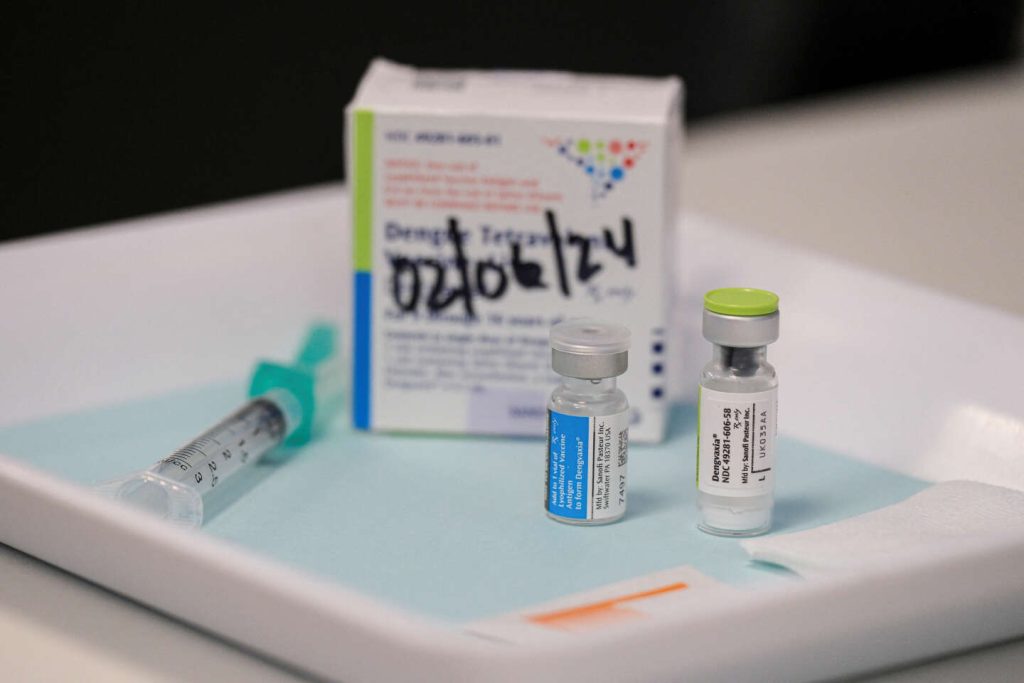Fifty years ago, the Essential Vaccination Program was launched, marking the beginning of a fierce battle against vaccine-preventable diseases. Since then, impressive progress has been made, leading to the eradication of smallpox, nearly eradicating polio, and contributing to a dramatic reduction of over 70% in infant mortality. According to the World Health Organization’s estimate as of January 1, 2024, 130 million people – but likely many more – have survived thanks to vaccination. Vaccines alone have increased infant survival by 30%, one of humanity’s greatest achievements.
By 2025, 86 million girls in 21 countries will be protected thanks to the HPV vaccine, and the advent of the malaria vaccine represents a historic milestone in the fight against this disease that kills nearly half a million children each year. In just five decades, we have gone from a world where parents feared losing at least one child to a world where every child has a chance to live. Vaccination is recognized as one of the most effective and cost-effective public health interventions, preventing between 3.5 and 5 million deaths per year. By preventing infections, it also allows individuals and families to reduce their health expenses and contributes to preserving global health security.
However, the 2020s are marked by a serious slowdown in vaccination progress. In some regions, there are even real setbacks in vaccine coverage. These setbacks are mainly due to the Covid-19 pandemic, which disrupted healthcare services in most countries, as well as intensified conflicts and economic slowdown. We are already seeing the consequences: resurgences of once-controlled epidemics such as measles and polio; diseases that could have been prevented and are once again threatening children’s lives. If this trend persists, the damage will be measured in human lives, compromising one of the major successes of recent decades.
The year 2024 is of paramount importance for vaccination, as the replenishment of the GAVI Vaccine Alliance Fund will be at stake. Founded in 2000, GAVI aims to reduce inequalities in access to vaccines. It mobilizes resources and encourages manufacturers to lower their prices for countries with the lowest incomes, in exchange for a significant, predictable, and long-term demand from these countries.


